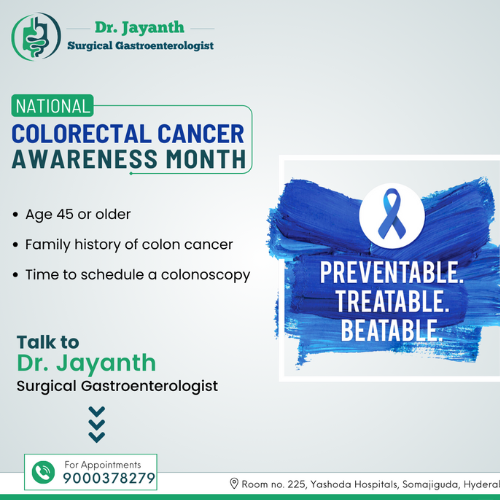Working Time
Working Time
| Mon,Tue,Wed,Fri,Sat | 09:00am to 04:00pm |
| Thursday&Sunday | Holiday |
| Other Time | On Appointment |
Book Appointment
Book Appointment
+
"Comprehensive Patient Guide: Understanding GERD, Barrett's Esophagus, and Esophageal Cancer"


GERD
What is Gastroesophageal Reflux Disease (GERD)?
GERD occurs when stomach contents, including food and liquid, flow back up into the esophagus, causing irritation to its lining.
How can I identify GERD symptoms?
GERD Symptoms:
- Heartburn or burning sensation in the chest*
- Regurgitation (bringing food back up)
- Chest pain
- Nausea after eating
- Sour taste in mouth
- Coughing, choking, or wheezing
- Difficulty swallowing
- Hiccups
- Excessive belching or burping
- Hoarseness or voice changes
- Sore throat
- Feeling of food stuck behind the breastbone
- More frequent or severe at night
- Exacerbated by bending, stooping, lying down, or eating
- Temporarily relieved by antacids
BARRETT'S ESOPHAGUS
Understanding Pre-Cancerous Changes Exposure to stomach acid and other digestive juices can harm the esophageal lining, leading to the formation of pre-cancerous cells, known as Barrett's Esophagus. Individuals with long-standing GERD are at higher risk of developing Barrett's Esophagus, with men and older individuals being more susceptible. Absence of Clear Symptoms; Notable Risks Barrett's Esophagus may not manifest clear symptoms. Some individuals may mistakenly perceive improvement as GERD symptoms, like heartburn, sometimes decrease or disappear. However, even without noticeable symptoms, those with Barrett's Esophagus face a significantly increased risk of developing esophageal cancer. Barrett's Esophagus may persist despite medication or dietary changes, necessitating regular monitoring by healthcare providers to assess disease progression.
Promising Advancements Certain outpatient procedures show promise in treating Barrett's Esophagus, potentially reducing the risk of esophageal cancer development. Therefore, discussing symptoms of GERD with your doctor, especially when they appear or subside, is crucial.
ESOPHAGEAL CANCER
Types and Risks
Esophageal cancer comprises two main types:
Adenocarcinoma, prevalent in Western countries and often stemming from chronic reflux disease.
Squamous Cell Carcinoma, frequently associated with tobacco and alcohol consumption.
Escalating Threat Esophageal cancer, particularly the type linked to reflux disease, is rapidly increasing in the US, outpacing the growth rates of other cancers. Early detection significantly enhances the chances of successful treatment, as late-stage diagnoses are common and markedly diminish survival rates.
Screening for Early Detection Upper endoscopy or EGD remains the gold standard for diagnosing Barrett's Esophagus and esophageal cancer. This procedure involves passing a flexible tube equipped with a camera through the mouth to visualize the esophagus and stomach. Sedation ensures patient comfort during the examination.
Additionally, alternative technologies, such as nasally-inserted scopes or swallowable cameras, offer less invasive diagnostic options.
Early Detection, Better Outcomes Early identification of esophageal cancer or pre-cancerous conditions significantly improves patient prognosis. Therefore, recognizing GERD symptoms and promptly discussing concerns with your doctor is vital.
When to Seek Medical Advice
Consult with your healthcare provider if you experience:
- Frequent or severe heartburn symptoms
- Past heartburn episodes with subsequent symptom relief
- Difficulty swallowing or persistent pain
- Family history of Barrett's Esophagus or esophageal cancer
- Persistent cough or hoarseness
- Prolonged sore throat
- Coughing or choking when lying down
